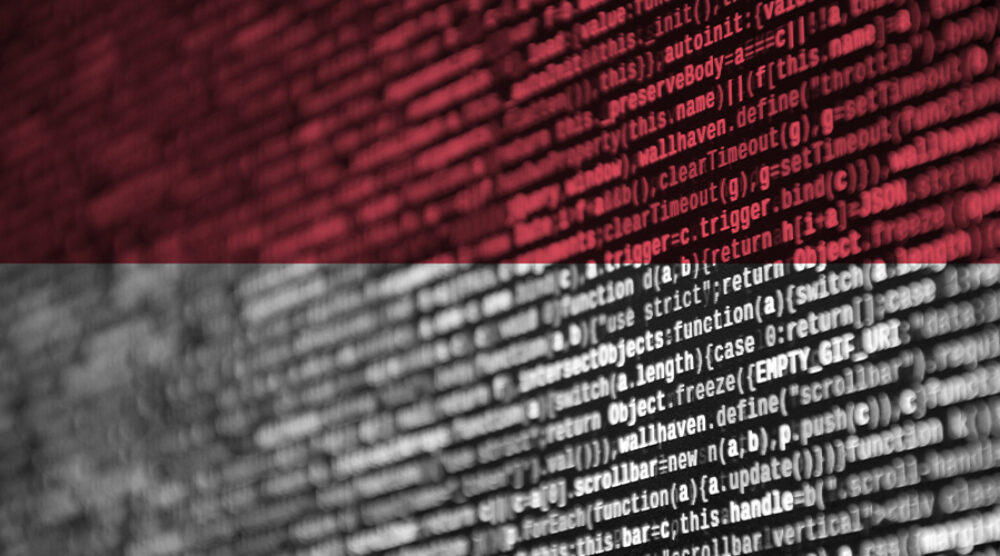RETA NABBS-KELLER AND RM WIBAWANTO NUGROHO WIDODO |
The “DarkSide” ransomware cyber-attack on the US-based gasoline facility Colonial Pipeline, which has disrupted East Coast fuel supplies and invoked emergency legislation, has once again highlighted the vulnerability of a nation’s critical infrastructure to malicious cyber activity. In Australia’s immediate region, recent policy developments in Indonesia also suggest a growing awareness about the vulnerability of national critical infrastructure to cyber-attack, and the need to hasten comprehensive regulatory and policy responses. Australian security agencies are well-placed to play a key role in partnership with Indonesia as it moves to strengthen its cyber security fundamentals.
On 13 April, Indonesian President Joko (Jokowi) Widodo, moved to augment the institutional authority of Indonesia’s National Cyber and Crypto Agency (BSSN) via presidential executive order, also known as a “presidential decree” (perpres). Presidential Decree 28/2021 cements BSSN’s status as an agency reporting directly to the president, enhancing both its agility and authority outside individual ministry, and coordinating ministry frameworks. The decree specifically strengthens the agency’s structure, functions, responsibilities and funding base. It aims to boost the “efficiency and effectiveness of BSSN”, and in so doing, enhance “national security, sovereignty, and data protection” provisions.
Please click here to read the full “Indonesia responds to the cyber dark side” article published at The Interpreter, written by Griffith Asia Institute Adjunct Research Fellow, Dr Greta Nabbs-Keller and RM Wibawanto Nugroho Widodo, Director for International Engagement at the Democracy and Integrity for Peace Institute.








